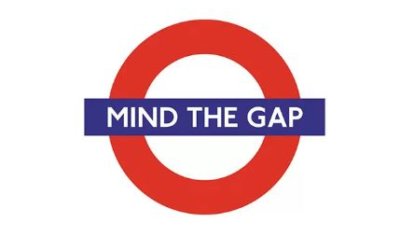Imagine a manufacturing operation that is receiving the final report from a cost accounting consultant. A new approach to applying labor costs is presented to a group that includes Vice Presidents for Production (a thirty year veteran of the industry) and HR (a recent hire from a regional hospital.) The process is described and a variety of questions answered when the HR person asks if a list of those who have adopted this approach could be provided so that they could be contacted about their experiences.
Silence.
The VP for Production decides to intervene, seeing the consultant’s eyes darting left and right. “Let’s take that offline” is his response. Welcome to private industry, is the message conveyed. “That’s not something we do.”
One of higher education’s surprising characteristics that I discovered upon entering from industry was a willingness to share practices with each other. On the one hand, it was refreshing to pose a problem on a list serve and receive multiple responses from those who have been there and did that. Some approaches were used by a multitude of people but there were a handful who seemed to be doing interesting and new things. They tended to be the same handful for each topic, by the way.
Entering the world of consulting early in 2013, I found this characteristic to be nearly universal. I would share what I am seeing in the world of higher education, weaving in new ideas that synthesized best practices from successful organizations. Too often, I would hear, “Can you give us a list of those who are doing this?” If it was a new idea with no current users, there was little chance it would be adopted. Only a few would see the possibilities and move forward without the need for a list of adherents. Those few would represent my most successful clients, by the way.
Now, I am impressed by the way colleagues throughout this industry share freely. Perhaps it is peer-based accreditation that spurs this on. For the most part, we benefit from the collective wisdom of others, (particularly in the area of compliance, let me add.) And yet I wonder how our industry can truly embrace continuous improvement with so many reluctant to be the first to do anything. Is fear of failure the primary driver? Contrast that with the obsessive bias toward innovation and being first to market observed during my previous life in industry.
Is your institution known for its pioneers? Do peers direct questions specifically to you when they are looking for the newest way to do anything? Indeed, there is risk in being the first and you might fail, invoking the ire of a critical constituency. Remember, though, that the company that brought us the assembly line birthed the Edsel fifty years later. About eight years after that, the Mustang arrived. Two big wins – one minor loss.
I think we can do this.



